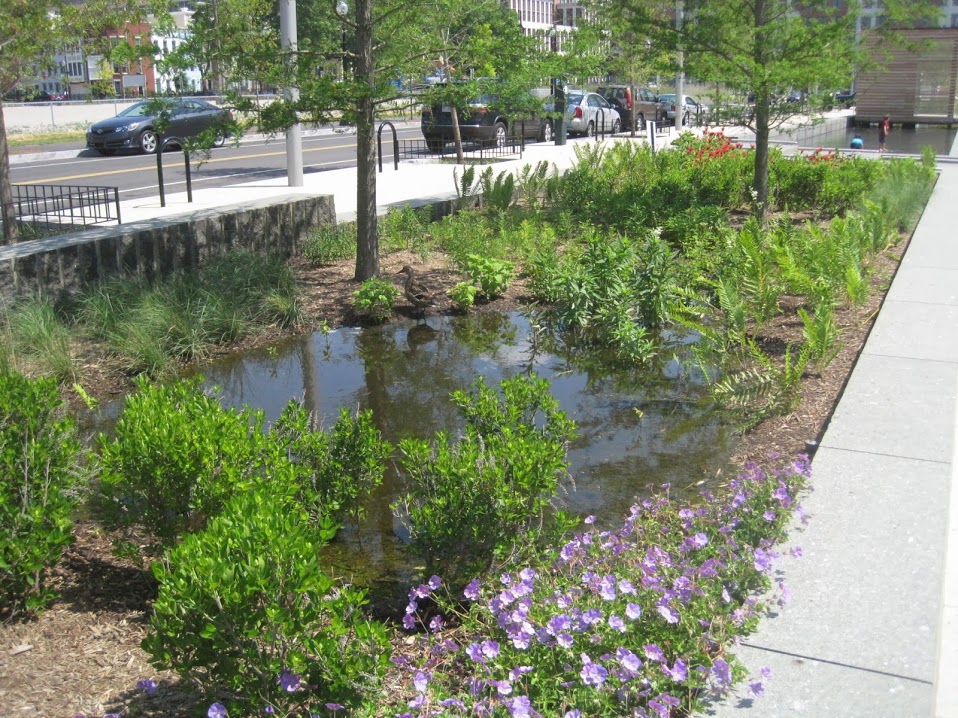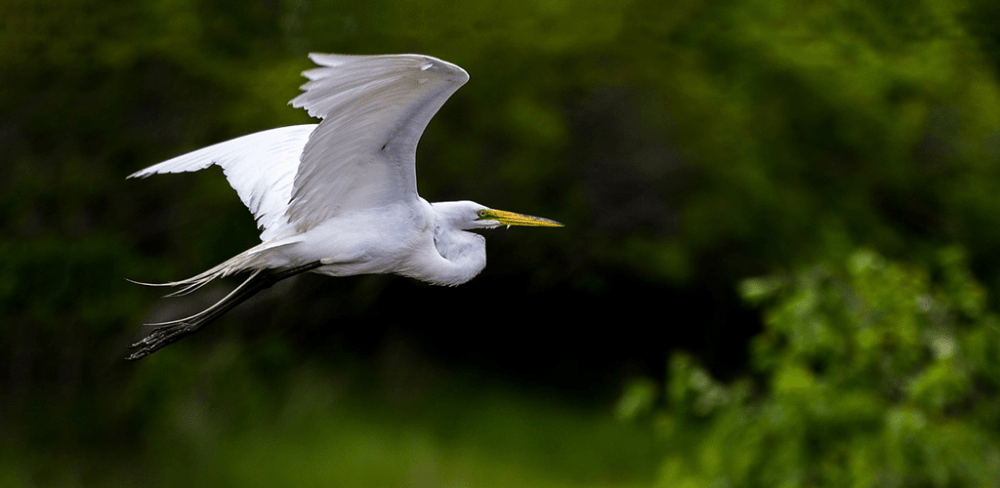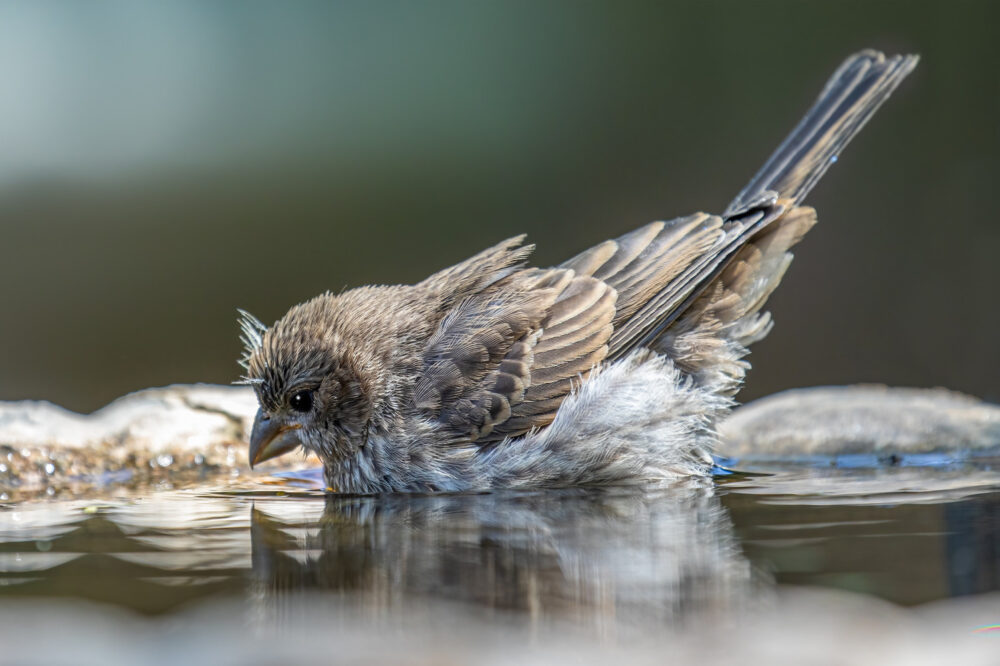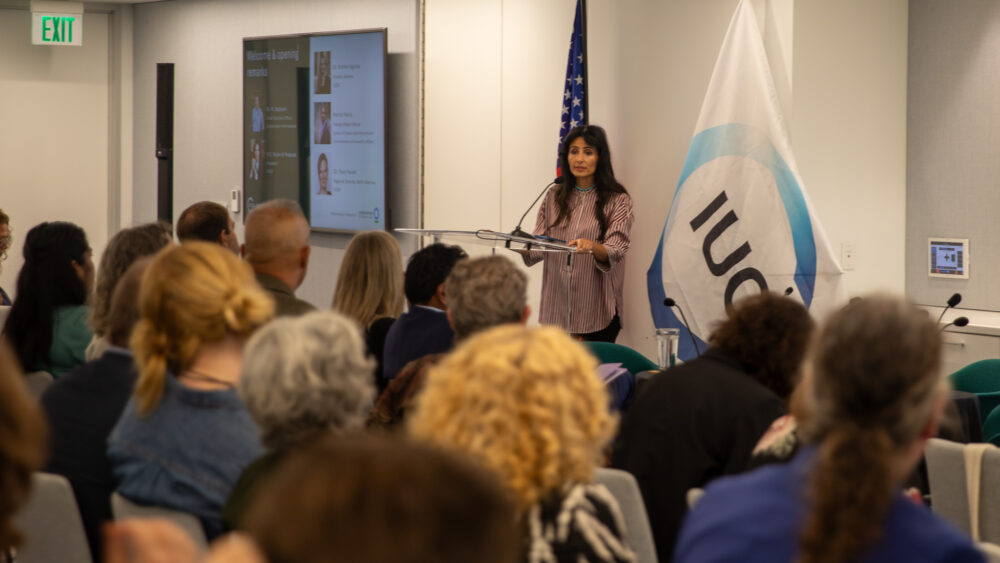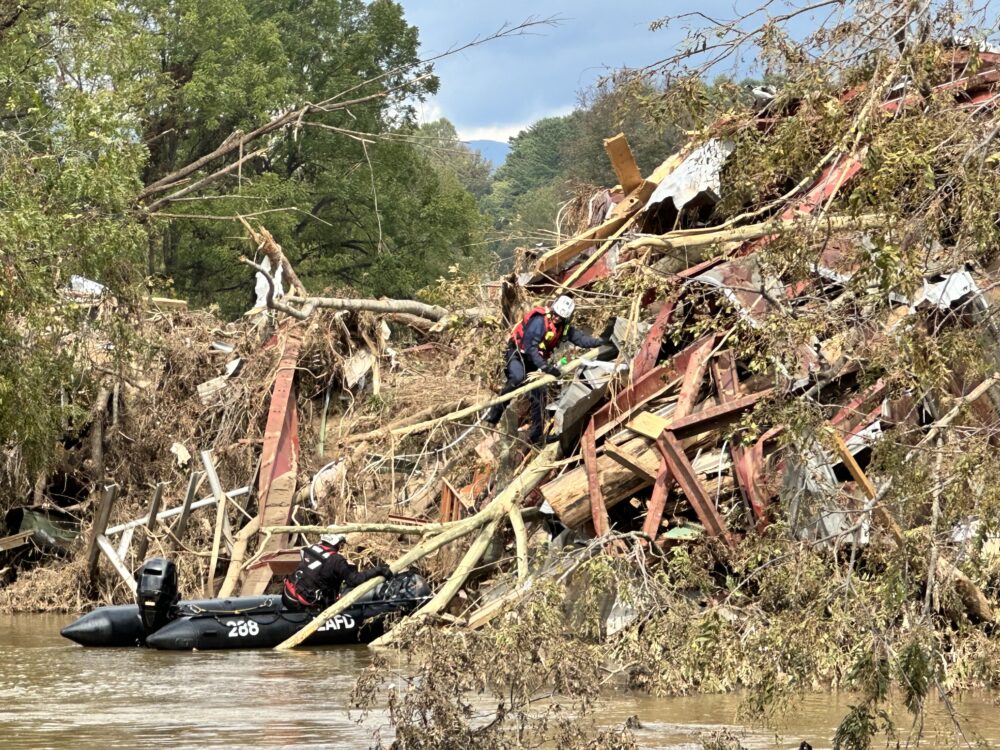We have much more to do and your continued support is needed now more than ever.
Sportsmen Target Coal Exports
A new report released jointly by the National Wildlife Federation and the Association of Northwest Steelheaders says six port construction projects in Oregon and Washington that would expand U.S. coal exports to growing markets in Asia would bring serious consequences for fish and wildlife. As coal continues to decline as a source of power in the U.S., the report warns the industry’s plan to expand markets abroad will potentially harm the Pacific NW fishery which supports nearly 31,000 jobs in Oregon and Washington, many directly tied to the Columbia River.
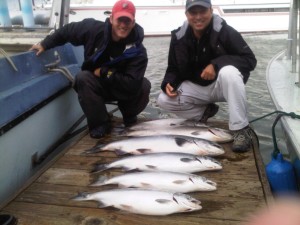
- Port St. Helens, Oregon – Kinder Morgan Energy Partners, in partnership with Pacific Transloading, plan a facility to export up to 30 million tons of coal.
- Port of Morrow, Oregon – Ambre Energy plans an expansion, a transfer station to off-load coal from rail cars and take them down the Columbia River to St. Helens, to handle 8 million tons of coal a year.
- Coos Bay, Oregon – Port of Coos Bay officials have disclosed they are in “discussions” with coal companies, a plan known as “Project Mainstay.”
- Longview, Washington – The Millennium Bulk Logistics Longview Terminal on the Columbia River Estuary could balloon into a “mega-terminal,” the largest West Coast export facility in the nation, to ship up to 60 million tons of coal a year.
- Cherry Point, Washington – The Gateway Pacific Terminal, proposed by Peabody Energy and SSA Marine, could ship up to 48 million tons of coal per year. Peabody Energy is the country’s largest coal company.
- Gray’s Harbor, Washington – An expansion of the Port of Grays Harbor near the Gray’s Harbor National Wildlife Refuge could threaten one of the largest staging areas for migrating birds in the lower 48.
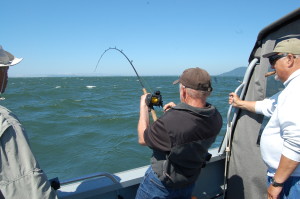
The new report makes a strong case that these port proposals will have a negative impact on fish and wildlife and that the Army Corps of Engineers should conduct a programmatic EIS on all projects to gather hard science on potential fish impacts.
Some of these concerns include:
- In the lone biological assessment prepared for any of these proposals to date, numerous ill effects were cataloged for the Morrow Pacific project in Boardman. For example, “The proposed construction at the Port of Morrow will involve piling installation using vibratory and impact hammers, which produce sound levels above the thresholds for fish disturbance and injury.
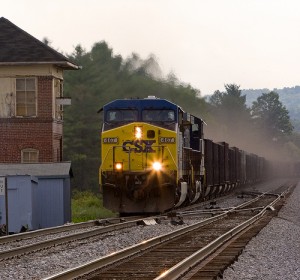
(Photo: Paulv2c/flickr.com) - The report cites studies from British Columbia in watersheds supporting similar salmon species indicate that coal dust can have negative impacts on fish. A study of juvenile Chinook in British Columbia found that exposure to the hydrocarbons found in coal dust increased the expression of certain genes that play “crucial roles in cellular metabolism,” one of which can convert cancer causing substances found in coal dust hydrocarbons into active carcinogens.
- In the marine sediments adjacent to the Westshore Terminals coal facility on Roberts Bank, British Columbia, the concentration of coal residues doubled between 1977 and 1999- the concern is that sediments with high levels of coal will become devoid of the oxygen that bottom dwelling plants and animals need to breathe.
The report, “The True Cost of Coal” represents some of the very first vocal concerns from the sportsmen community regarding the proposed coal export terminals.
The Association of NW Steelheaders is one of Oregon and Washington’s most well respected sportsmen voices with a mission dedicated to enhancing and protecting fisheries and their habitats for today and into the future.
![]() Urge the Army Corps of Engineers to thoroughly review the risks to Northwest fish and wildlife from proposed coal export terminals.
Urge the Army Corps of Engineers to thoroughly review the risks to Northwest fish and wildlife from proposed coal export terminals.

